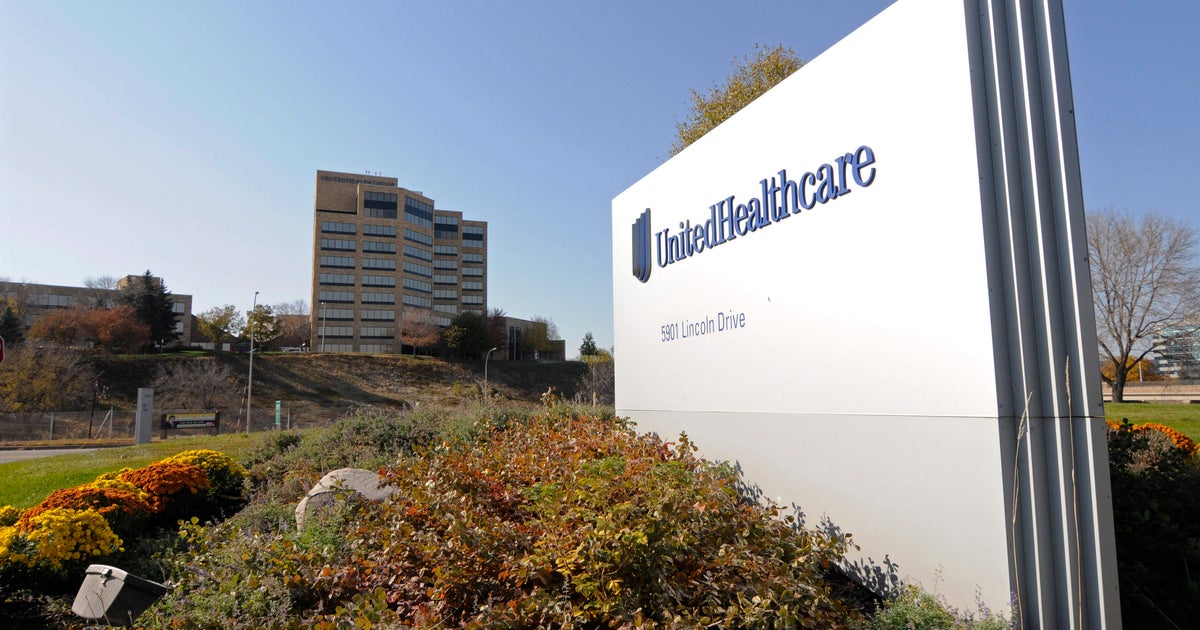California may curb auto-insurance discounts tied to jobs or education
California is proposing to restrict widespread auto-insurance practices that regulators say benefit wealthy, well-educated white people above others.
The state Department of Insurance proposed regulations Monday that would prohibit insurance companies from using so-called "affinity groups" to discriminate based on educational attainment or income level, among other factors.
A ballot initiative approved by California voters in 1988 barred "redlining" or other forms of insurance discrimination that often meant the least wealthy drivers paid the most for insurance.
But the state's insurance department, investigating such groups earlier this year, "found that many insurance companies were effectively using group discounts to 'cherry-pick' members, giving some higher-income occupations a 'fast pass' while people of color and lower income motorists were left in the slow lane," Insurance Commissioner Ricardo Lara said in a statement.
He said the proposed regulations to be considered next year would continue to allow group discounts based on occupation and education, but only if they are justified and don't discriminate.
The bulk of drivers in the groups already fall into lower income categories, according to one insurance association, while another warned that the change could have the unintended effect of harming working-class Californians. The American Property Casualty Insurance Association said similar discount programs are offered in 48 states.
"Affinity group" discounts
Insurance companies have a cache of private information on customers including credit reports, home values, age, marital status, education and, in the case of a life insurance policy, health status, all of which they use to help ascertain risk.
A quarter of California drivers receive affinity group discounts ranging from 1.5% to 25.9%, depending on the insurance company and the group, the department said.
People living in areas with average incomes above $49,000 are more than twice as likely to receive discounts as those in areas with average incomes of $22,500 or below, the department found. It found participation in group discount programs could be three- to four-times higher in higher-income ZIP codes in some areas of Los Angeles, San Diego and the San Francisco Bay Area.
Drivers belonging to the groups are more likely to be in areas with mainly white populations, the department said. It said only about a quarter of those in areas with low numbers of college degrees receive discounts, compared with more than half of those in areas with high numbers of college graduates.
"To have these identified as tools of repression is very frustrating," said Rex Frazier, president of the Personal Insurance Federation of California, an industry group. He disputed the conclusions of the state's investigation.
"Their own study showed that over 70% of the drivers in affinity groups made less than $50,000 a year," he said. "If they're going to make it harder to access affinity groups ... does this disproportionately affect lower income drivers?"
Teachers and older Americans
Auto insurance representatives defend the use of affinity groups, saying their discounts help millions of people in the state, including those in labor unions, teachers and law enforcement personnel.
"These proposed changes will eliminate a discount auto insurance program used by millions of Californians struggling to keep up with the ever-increasing high cost of living in California," Mark Sektnan, vice president of American Property Casualty Insurance Association, said in a statement.
But Consumer Federation of America insurance expert Doug Heller said insurers would still be able to offer discounts to groups such as the California Teachers Association or AARP.
"It's the ratings scheme that some companies have used that slice and dice drivers based on their job title and level of education that will be blocked by this rule," Heller said.
Consumer Watchdog and 10 civil rights and public interest organizations had wanted regulators to go farther by entirely banning the practice, which they said can cost some people with lower incomes or fewer education credentials hundreds of dollars a year.
"The devil's going to be in the details whether these tighten the rules enough," Consumer Watchdog President Jamie Court said.
The practice "is a surrogate for race-class-ethnicity, and this rule tries to democratize the practice so that all groups are getting a break on their rates if they can prove they have a better loss experience," he said.



